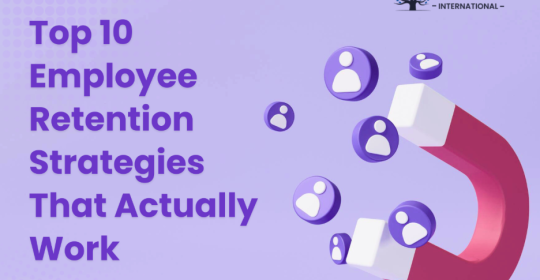- Workers in the north west notch up highest number of absences
- Workers aged 16-24 most likely to call in sick
We are a nation of sickly workers who are not averse to taking time off, according to research from The Benenden Healthcare Society. The research* found that workers in Britain have collectively taken off around 78 million working days in the last 12 months, with some 13.9 million people having taken at least one day off due to sickness.
More shocking is that two million people or about 8% of the working population admitted to taking more than three weeks off sick in the last 12 months, totalling a loss of more than 30 million working days for their employer.
Women were more likely to take time off than men, with 54% of women having taken at least one day off, compared to 46% of men. Meanwhile, younger workers between the ages of 16-24 were also more inclined to miss work due to illness, with 68% having taken off at least one day, well above the 50% average. However, those aged 25-34 were likely to be absent more often, with 12% or 890,000 of those in this age group having taken off more than three weeks in the last 12 months.
Jakki Stubbington of Benenden Healthcare said: ìMost workers will need to take sick leave at some time and in most cases it will only usually last a few days. However, as the research shows, some employees are taking off far more time on an annual basis which can be costly to the employer. It is concerning that over two million workers have taken more than three weeks off work in just one year. This equates to almost six percent of the year spent off ill.î
The research also unveiled that workers in the north west were prone to taking off the most sick leave with 12% of people (345,000) having taken more than three weeks off work in the last 12 months, compared to 2% of Scottish workers. However, the Scots were more inclined towards shorter absences with nearly 600, 000 (26%) taking between one and two days. This compares to 16% in the north east and Yorkshire region.
Jakki Stubbington said; ìIt is important for employers to address the issue of employee absence as it can be very costly. A healthy workforce is imperative for an establishment to maintain productivity. Although sickness is a natural occurrence, we would recommend that businesses look to deploy some sort of medical scheme or healthcare benefit, to try and reduce the levels of absence.î
The Benenden Healthcare Society is a mutual, not-for-profit provider of affordable, quality healthcare. It has nearly one million members in the UK and is now celebrating its centenary year. Its services are available only to current and former employees of the Post Office, Civil Service, BT, charities and all other public sector bodies and their families and friends. The society is a complementary service to the NHS providing support, advice and financial assistance for its members at a fraction of the cost of conventional Private Medical Insurance ñ just 1.10 per week. Benenden also operates a corporate plan, enabling organisations to offer healthcare as a benefit to staff for just 57.20 per person, per year.
To find out more about joining the Benenden Healthcare Society call: 0845 600 2121, or see www.benenden.org.uk
* TNS interviewed a representative sample of 603 GB adults working full or part-time over 8th to 10th July
Just 2 million of the british workforce account for more than 30 million sick days

British workers have taken off around 78 million working days in the last 12 months





